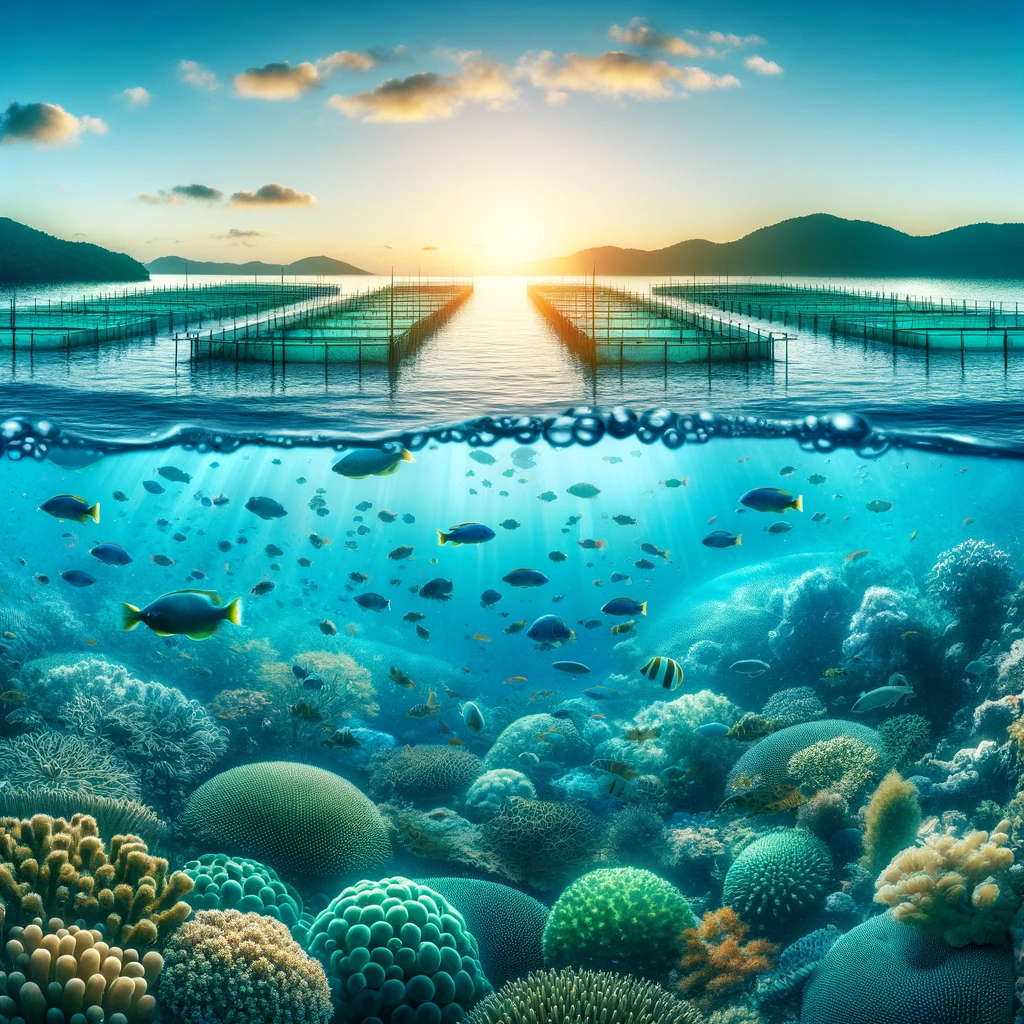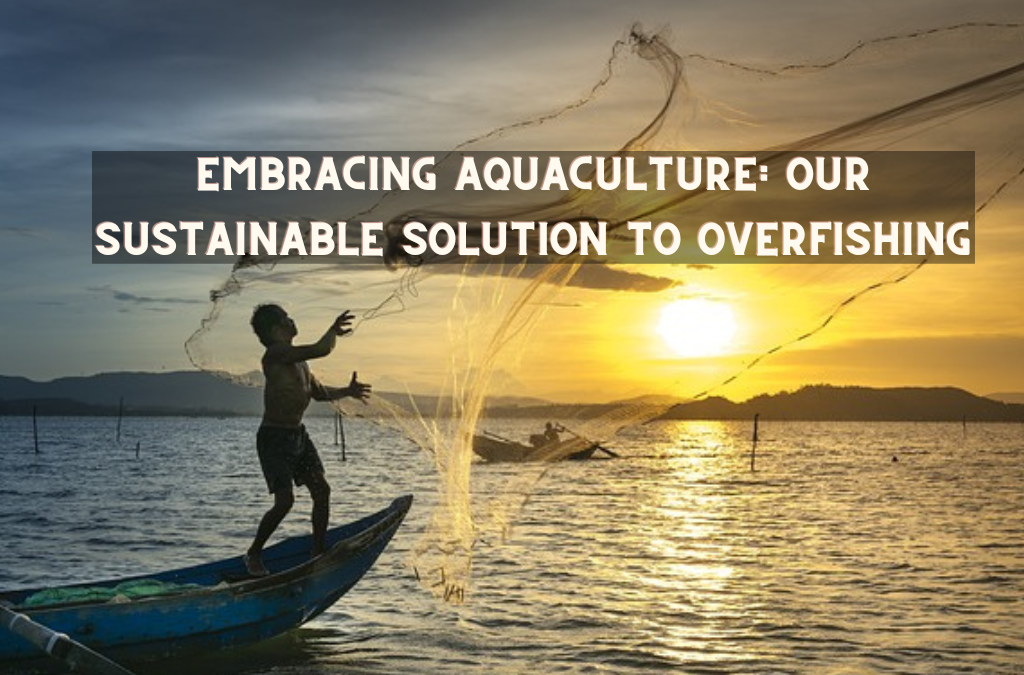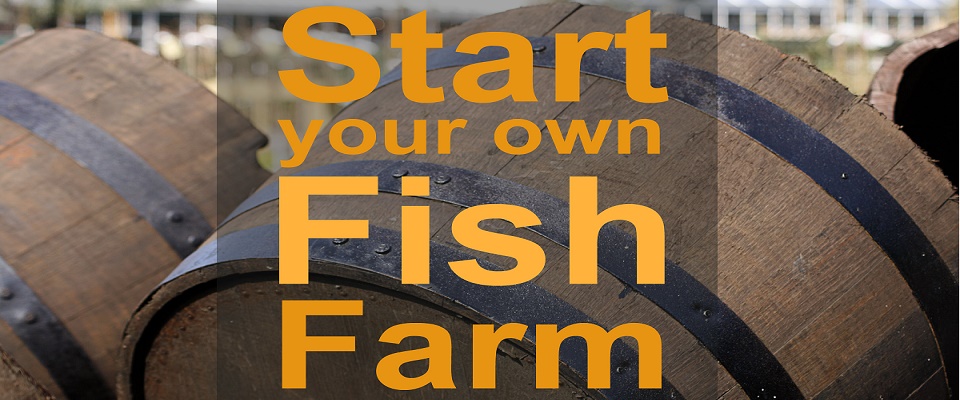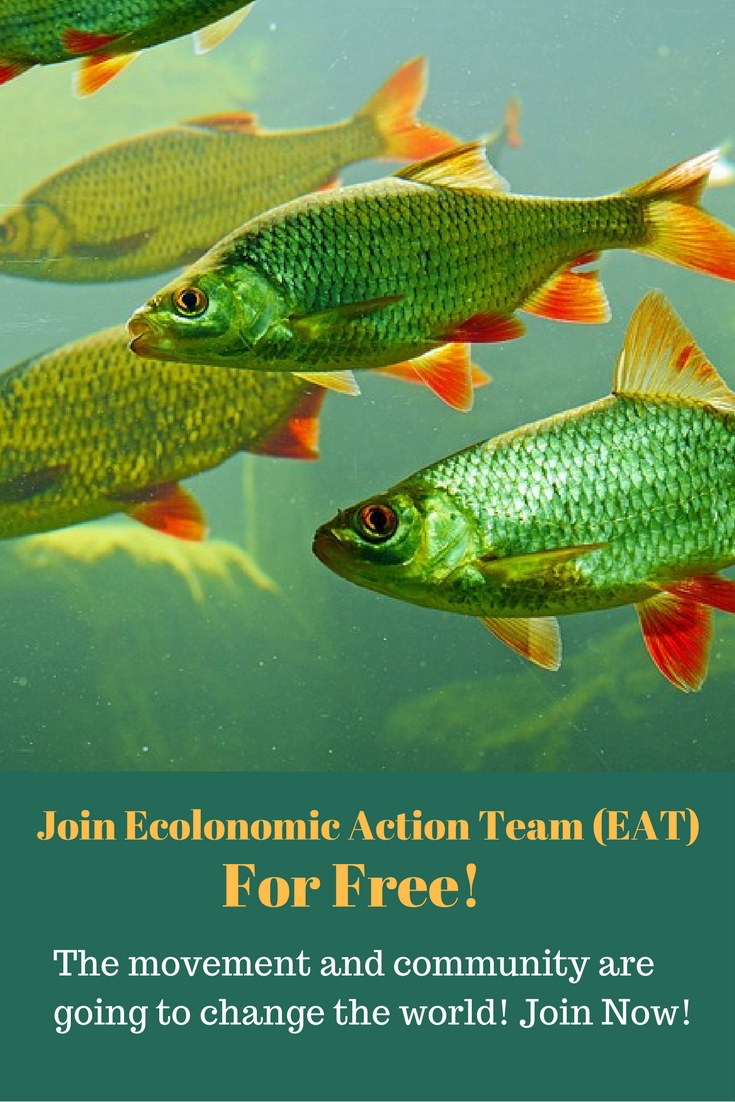Introduction:
In recent years, the insatiable global appetite for seafood has led to a troubling surge in overfishing. This relentless harvesting of the ocean’s bounty has set off alarms among environmentalists and consumers alike. However, there’s a beacon of hope on the horizon: sustainable aquaculture. This blog post dives into how aquaculture stands as a pillar of sustainability, promising a future where seafood is abundant and ecosystems thrive.
The Dire Straits of Overfishing:
Firstly, let’s address the elephant in the room: overfishing is depleting our oceanic resources at an unsustainable rate. When we extract fish faster than they can reproduce, we risk the collapse of these vital ecosystems. This not only impacts biodiversity but also the millions who rely on fishing for their livelihoods.
Aquaculture’s Rise: A Timely Intervention:
Fortunately, aquaculture is stepping up as a timely intervention. By breeding fish and shellfish in controlled environments, we can significantly reduce the strain on wild populations. Consequently, this shift allows overfished species a much-needed respite, aiding in their recovery and ensuring the balance of marine ecosystems is maintained.

A Focus on Sustainability:
Moreover, sustainable aquaculture practices are gaining momentum. Farms are now prioritizing responsible resource management, ensuring that water, feed, and land are used judiciously. Additionally, through the adoption of disease prevention strategies, aquaculture minimizes the risk of pathogen spillover to wild stocks.
Innovation in Feeds: A Game-Changer:
Significantly, the innovation in sustainable feeds marks a turning point in aquaculture. By reducing reliance on wild-caught fish for feed, we are closing a detrimental loop and fostering a more sustainable cycle of seafood production.
The Role of Environmental Stewardship:
Importantly, environmental stewardship is integral to aquaculture’s ethos. Rigorous environmental impact assessments are now standard procedure, ensuring that aquaculture farms coexist harmoniously with their surrounding habitats.
Conclusion: A Call to Join the Movement:
In conclusion, aquaculture is not just an industry; it’s a growing movement towards a more sustainable and equitable way of sourcing seafood. By supporting sustainable fish farming, we play a part in safeguarding our oceans for future generations. We encourage you to join this movement and learn more about sustainable practices by getting involved with groups like the Ecolonomics Action Team. Together, we can chart a course toward a world where the ocean’s riches are harvested responsibly and sustainably.
Join the Sustainable Seafood Movement:
Ready to make a difference? Join the conversation and contribute to the solution by learning more about sustainable aquaculture. Visit our website, subscribe to our newsletter, and become a part of the Ecolonomics Action Team today.



